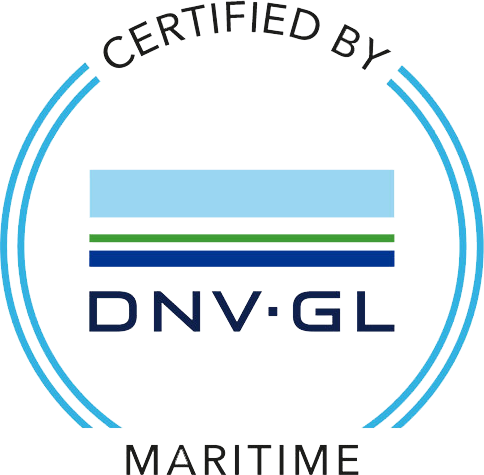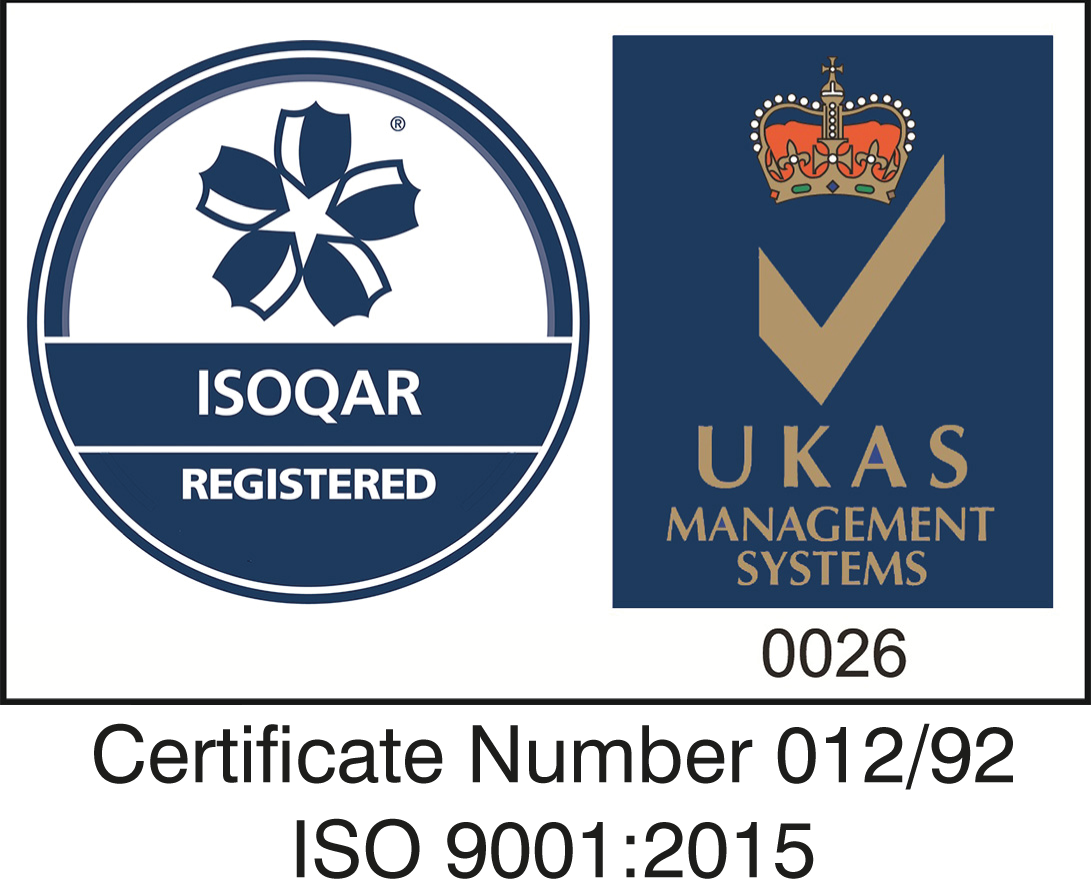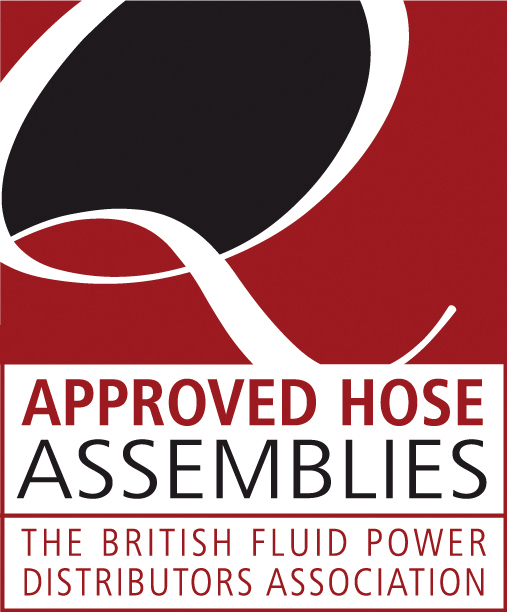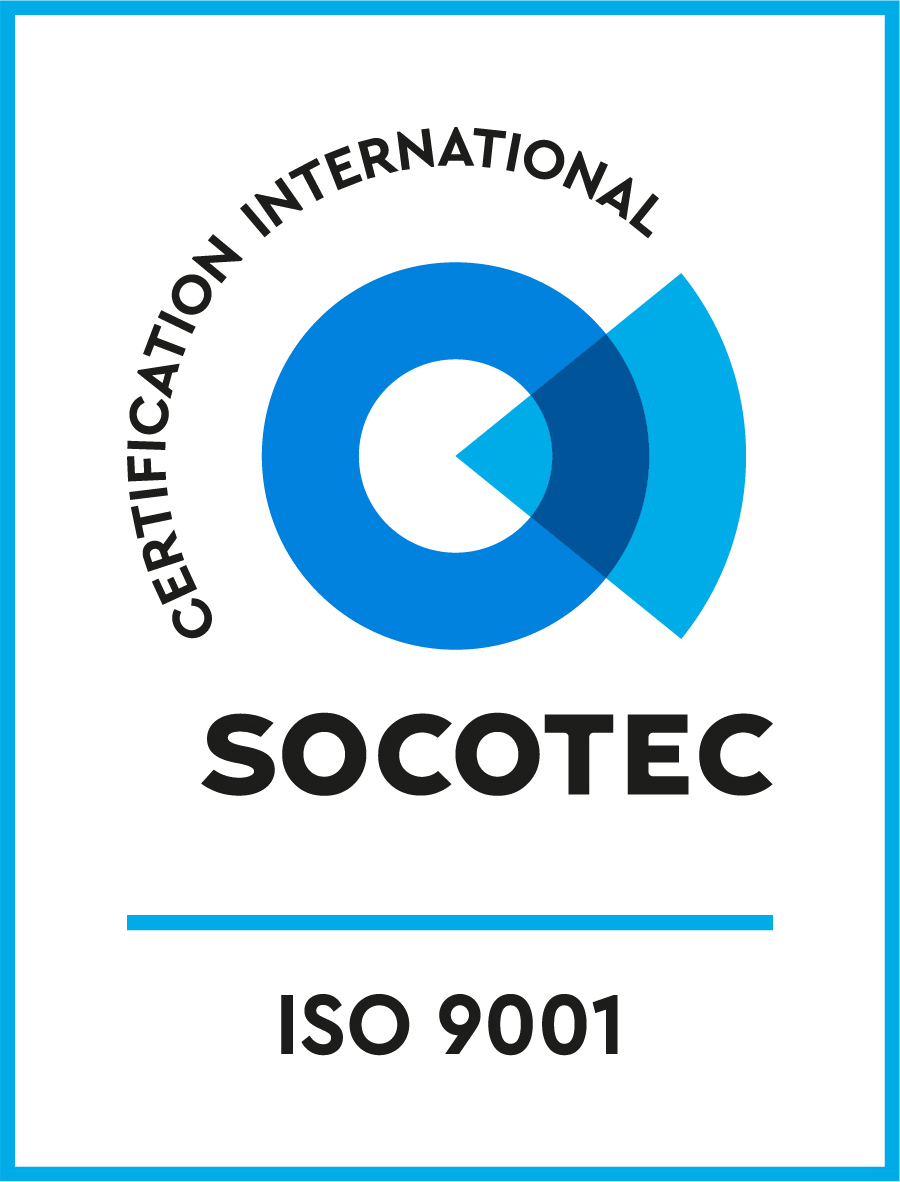Choosing the right hydraulic fluid for your system
Hydraulic systems are made up of various critical components such as pumps, motors and cylinders, but without a doubt, fluid is the most important element of them all.
The proper functioning and longevity of a hydraulic system depend on the choice of fluid. Choosing the right fluid is crucial to maintaining the overall efficiency and performance of the system, along with preventing wear and tear.
Incorrect hydraulic fluid selection can lead to all sorts of related issues including breakdowns and complete failures. Fluids have specific characteristics which make them suitable for certain operations and they directly affect performance indicators such as lubrication, heat dissipation and power transmission.
In this blog, we will discuss the key factors to consider when selecting the right hydraulic fluid for your system.
Viscosity
Viscosity is key when it comes to choosing hydraulic fluid. This refers to the thickness of the fluid at a specific temperature and is measured in centistokes (cSt).
The viscosity of your fluid can impact the system in various ways including:
– Heat dissipation
– Air release
– Filterability
– Cavitation
– Lubrication
– Volumetric and mechanical efficiency
Getting the viscosity right is imperative for various reasons. For example, if the viscosity is too low it won’t provide enough lubrication. Without adequate lubrication, excessive wear and tear on the system’s moving components is highly likely.
On the other hand, if the viscosity is too high then this will stop the fluid from being able to flow freely, causing a high level of resistance and friction. This can in turn lead to a reduction in mechanical efficiency and contribute to much higher energy consumption.
So, how do you select the right viscosity? Refer to the manufacturer’s specifications for your system’s equipment as this will usually specify a recommended viscosity range. Then, match this to the viscosity grade of the liquid. Things to consider when choosing the right viscosity grade include:
– Starting viscosity at minimum ambient temperature
– Maximum expected operating temperature, which is influenced by maximum ambient temperature
– Permissible and optimum viscosity range for the system’s components
Fluctuations in temperature can also impact the viscosity of the fluid, so determine the operating temperature range of your system and ensure that the chosen fluid is designed to operate in these temperatures.
Getting the fluid viscosity right will ensure the perfect level of lubrication and allow your system to perform efficiently.
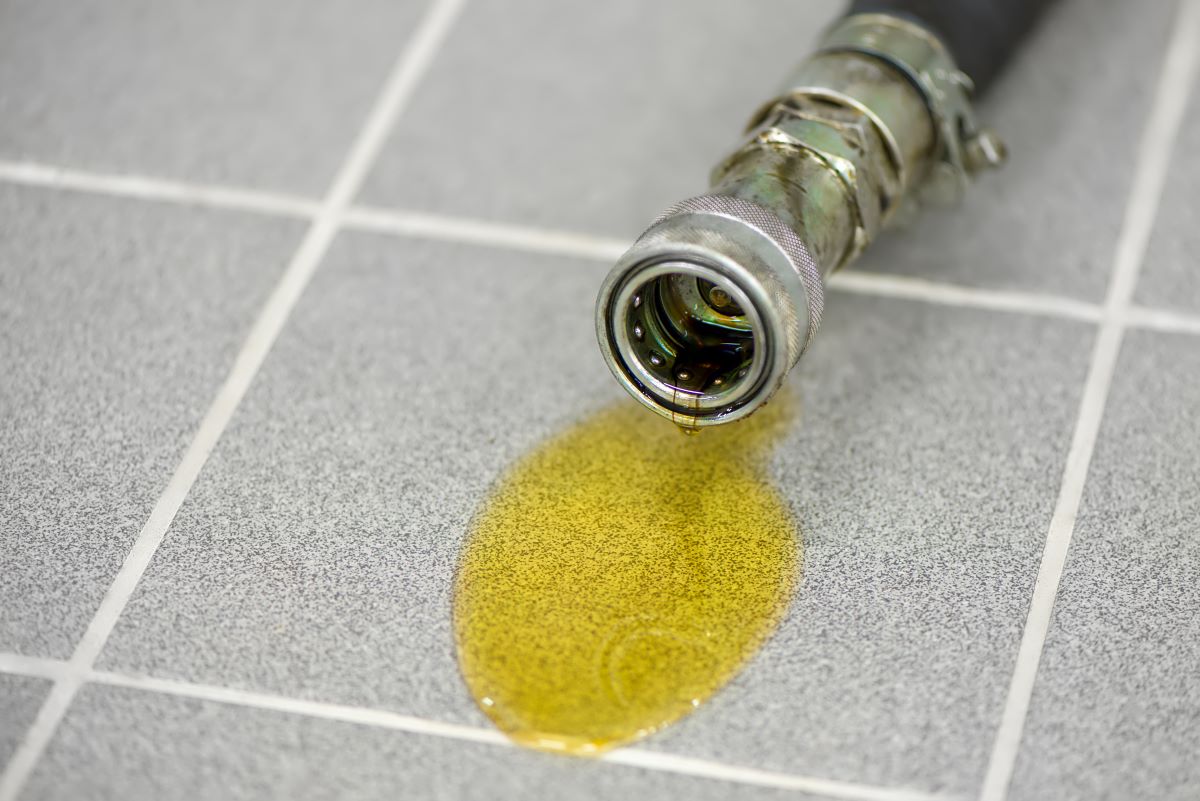
Temperature
Whilst we’ve just touched on the need to select a fluid that works with the operating temperature of your system, it’s important to explain why.
If a hydraulic fluid is exposed to excessively high temperatures that it isn’t compatible with, it can quickly break down and lose its effectiveness. As a result, you’re likely to experience decreased performance, possible system breakdowns and an overall increase in maintenance costs.
On the other hand, if a fluid is operating at a temperature which is too low it can begin to thicken which in turn reduces flow rate and causes the system to operate slower than it is required to. In some cases, this may cause the system to stop operating altogether.
Anti-wear properties
Hydraulic fluids contain additives that enhance their performance and protect the system from general wear and tear. These anti-wear additives form a thin reactive layer on the surface to prevent metal-to-metal contact and provide protection against corrosion, rust and other types of degradation within the system. They also improve the viscosity index, prevent oxidation and reduce foaming.
Fluids typically contain one of two types of additives:
– Zn-based (zinc diakyl dithio phosphate ZDDP) – these are the most commonly found additives
– Zn-free based – these are usually recommended for environmental reasons or existing problems with corrosion or hydrolysis
The additives present in the formulation should be considered when choosing a hydraulic fluid for your system. The selection should be guided by the application, environment and operating conditions of your system.
As a general guide, high-pressure systems with frequent start-stop cycles require anti-wear additives to protect components from degradation. If your system uses high-speed hydraulic pumps, a fluid with antifoaming agents should be used to reduce the risk of cavitation and aeration.
Filterability
It goes without saying that when working with hydraulic fluid, it should be kept as clean as physically possible to avoid contamination and reduce the risk of damage to the system.
When choosing a hydraulic fluid, ensure that it has the ability to pass through a filter to prevent any dirt or debris from clogging up the system. Naturally, your system will always have some level of contamination but making sure that you can adequately filter the fluid from excess contaminants will improve its usability for a longer period of time.
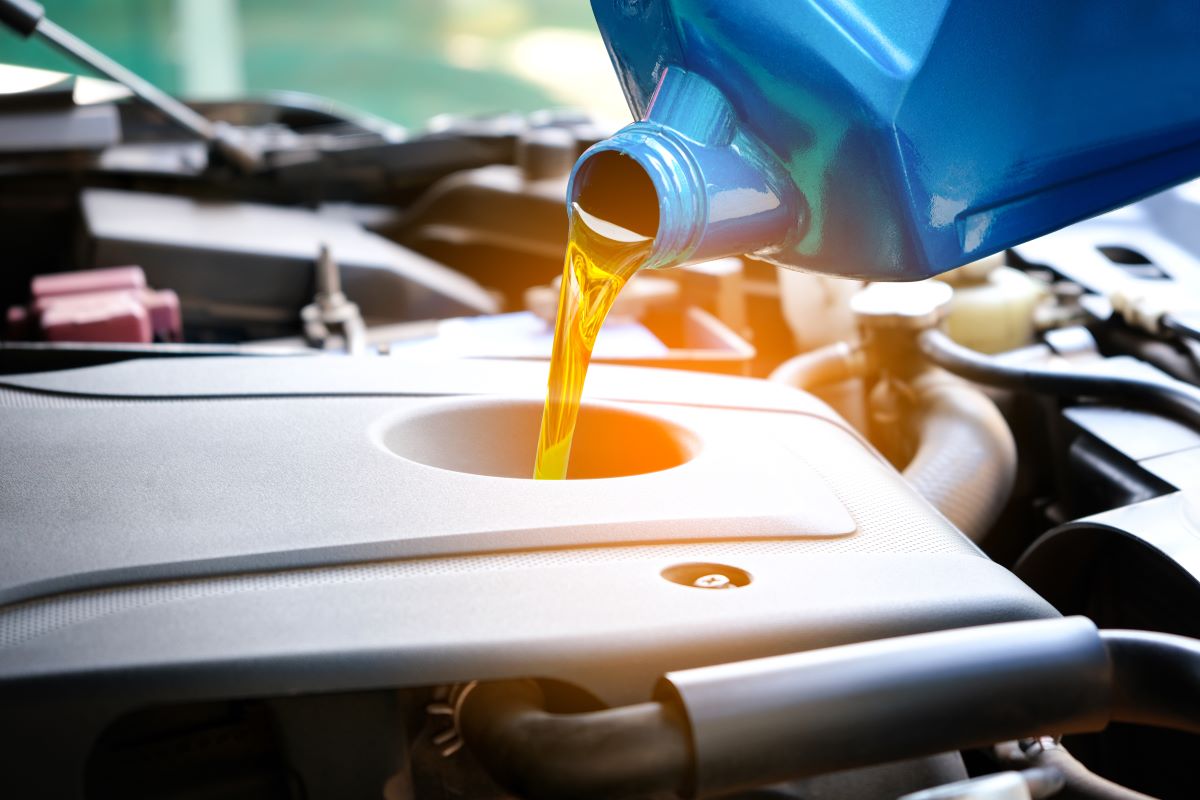
Compatibility
It’s important to also consider how a fluid will interact with other materials in your hydraulic system – such as hoses, seals and other rubber or plastic components.
Adding a fluid to the system that isn’t compatible with these existing components or materials can cause them to deteriorate quickly, leading to system damage and decreasing its lifespan.
Check which materials the system is currently using and ensure that the fluid is compatible with every component and accessory.
Base oil
The base oil is the primary component of hydraulic fluid which determines its chemical and physical properties.
There are three main base oils, which define three different types of hydraulic fluids:
– Mineral-based hydraulic fluids are the most commonly used since they are typically affordable and readily available. They have good lubrication properties but are also prone to oxidation and can break down over time which can lead to other forms of contamination.
– Synthetic hydraulic fluids are more expensive but are ideal for high-pressure and high-temperature applications as they are highly resistant to oxidation and thermal breakdown, and typically have a longer lifespan. In comparison to mineral-based oils, they have better wear protection and lubrication, but may not be compatible with all system components.
– Vegetable-based hydraulic fluids are made from non-toxic renewable resources and are biodegradable, making them a great choice for environmentally sensitive applications. However, the lower environmental impact may come at a sacrifice of performance levels and longevity, as they typically need changing more often.
Selecting your hydraulic fluid
In this blog, we have covered the key elements to consider in the hydraulic fluid selection process – which is more straightforward than it may seem, even if you have little experience in this area.
Hydraulic machinery will usually recommend which fluids should be used within the system, along with defining specific operating parameters which should help to easily identify the best option.
Regardless, this is something that you ideally want to get right the first time around. If you’re in doubt, talk to a qualified hydraulic specialist. They will be able to assess your system and suggest the most suitable option.
If you’re looking for a highly skilled and knowledgeable team of hydraulic experts, get in touch with Derek Lane & Co. We’re one of the UK’s leading hydraulic engineering specialists, offering an extensive range of high-quality, reliable components and on-site and off-site engineering services to business in Devon and the surrounding areas.

